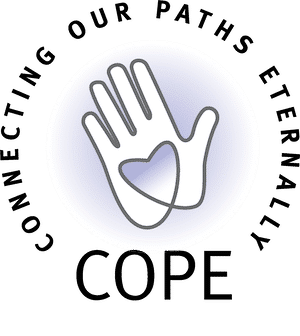Co-President’s Message – March 2023
Mar 1, 2023
I lost my older brother. I’m not sure those words will ever feel real to me but I know they are. During my sibling group the other night, I realized it will be 7 years in July. It blew my mind. That’s a long time. Well, it’s a long time for me. Banks, lawyers,...Co-Presidents’ Message – February 2023
Jan 24, 2023
I think Rob Delaney has been a sensitive, thoughtful, and influential figure relating to grief and loss since he lost his son a few years ago. I haven’t gotten myself to fully read his new book, but I’ve read and watched multiple interviews and articles about...Co-Presidents’ Message – January 2023
Dec 30, 2022
2023. For some of you, this is the start of the first new year you’re living with the loss of your loved one. For others, this may be your twentieth new year. I remember the start of 2017 – that was my first new year without my older brother. I was so afraid to...Co-Presidents’ Message – December 2022
Nov 30, 2022
Greetings – After a fulfilling Thanksgiving weekend with family and an amazingly impactful #GivingTuesday COPE fundraising drive, I find myself reflecting on the year that is winding down. My first as Co-President of COPE’s board. The organization’s first...

